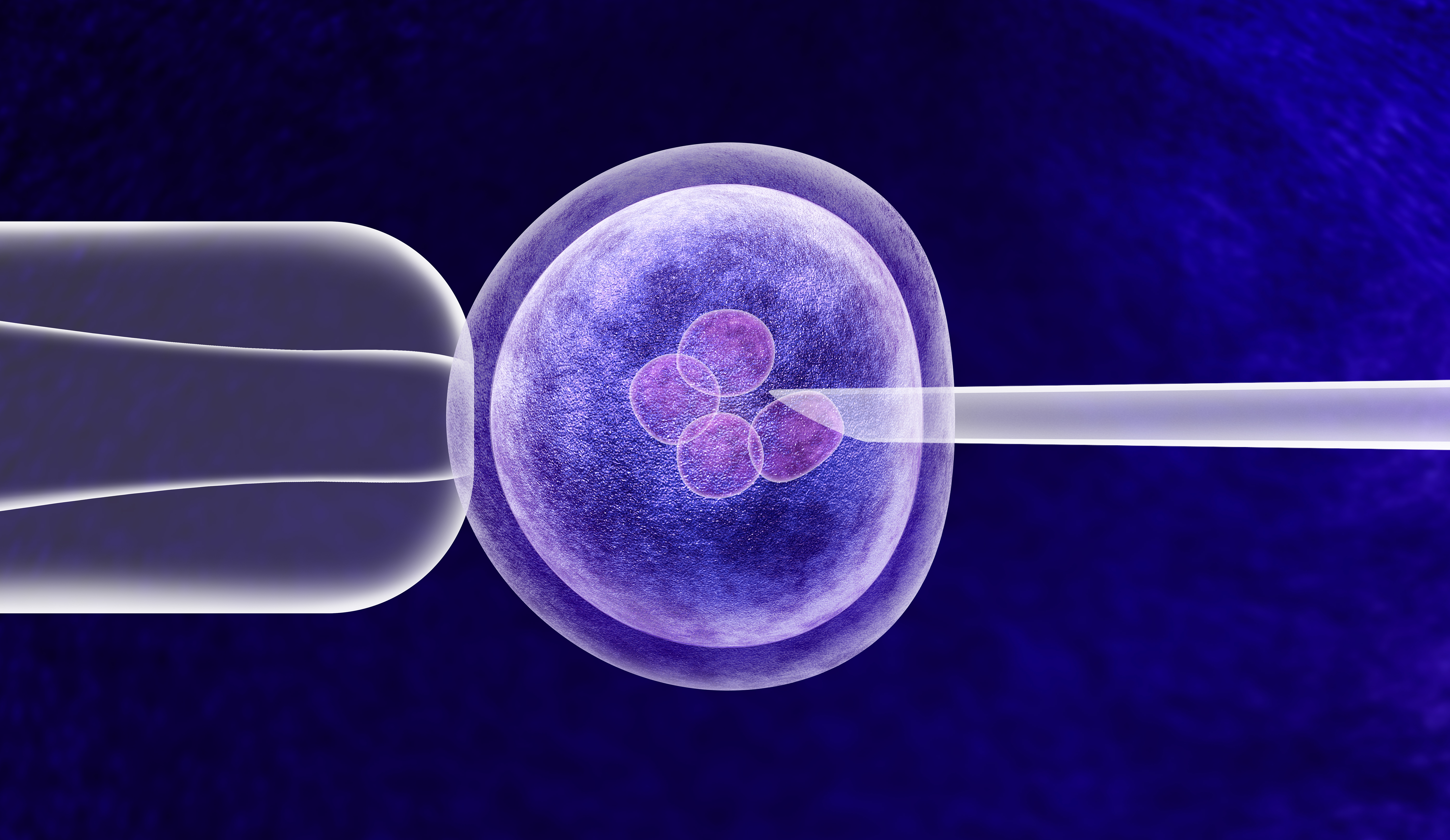Engineering future people would be a disaster
By Stuart A. Newman and Tina Stevens,
Medium
| 08. 03. 2020
Modifying genes shows promise in curing medical conditions in sick people. Should it be used to make irreversible changes in people who don’t yet exist? Current research suggests that this would be a big mistake.
Studies in animals, including one described recently in Wired, show that the gene manipulation technique CRISPR has a habit of inserting bacterial DNA along with the desired sequences into various sites in chromosomes, with unknown consequences. Even more alarming was a news article last month in the scientific journal Nature that bore the title “CRISPR gene editing in human embryos wreaks chromosomal mayhem.” It reported results described in three preprints — ready-to-be-published studies — by several prominent investigators in the field that attempted to make specific, targeted changes in the embryos’ DNA, the sort of alterations that might be tried to prevent a newborn from inheriting a gene associated with a disabling condition. There was no intention by the scientists to bring these embryos to birth. They were just being used experimentally to see if the technique worked. It didn’t.
Thus, even if the modification method were perfect, the variability of human biology means that we won’t know what the outcome will be. The new results, however, cast strong doubt on the CRISPR technique itself. In the words of...
Related Articles
By Scott Solomon, The MIT Press Reader | 02.12.2026
Chris Mason is a man in a hurry.
“Sometimes walking from the subway to the lab takes too long, so I’ll start running,” he told me over breakfast at a bistro near his home in Brooklyn on a crisp...
By Diaa Hadid and Shweta Desai, NPR | 01.29.2026
MUMBRA, India — The afternoon sun shines on the woman in a commuter-town café, highlighting her almond-shaped eyes and pale skin, a look often sought after by couples who need an egg to have a baby.
"I have good eggs,"...
By George Janes, BioNews | 01.12.2026
A heart attack patient has become the first person to be treated in a clinical trial of an experimental gene therapy, which aims to strengthen blood vessels after coronary bypass surgery.
Coronary artery bypass surgery is performed to treat...
By Staff, ScienceDaily | 01.05.2026
Scientists at UNSW Sydney have developed a new form of CRISPR technology that could make gene therapy safer while also resolving a decades-long debate about how genes are switched off. The research shows that small chemical markers attached to DNA
...




